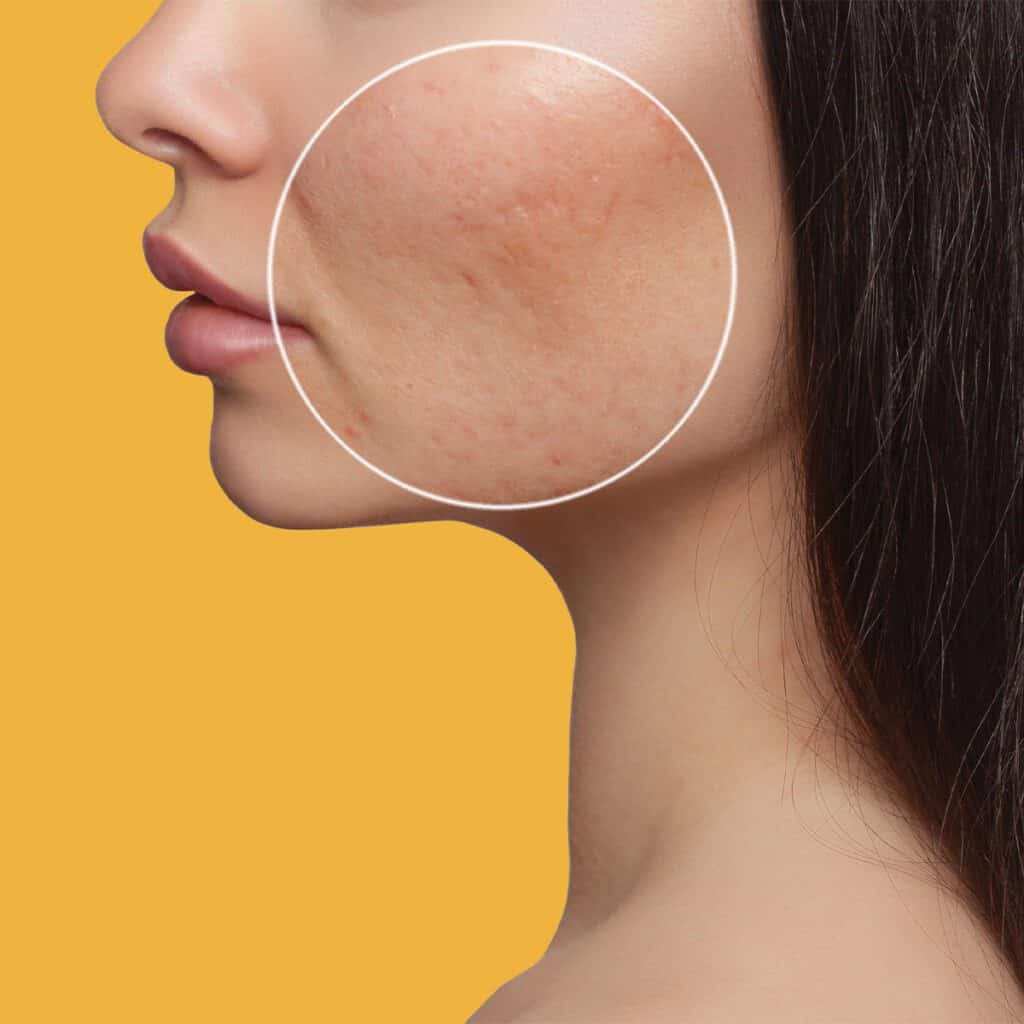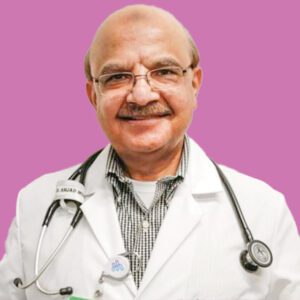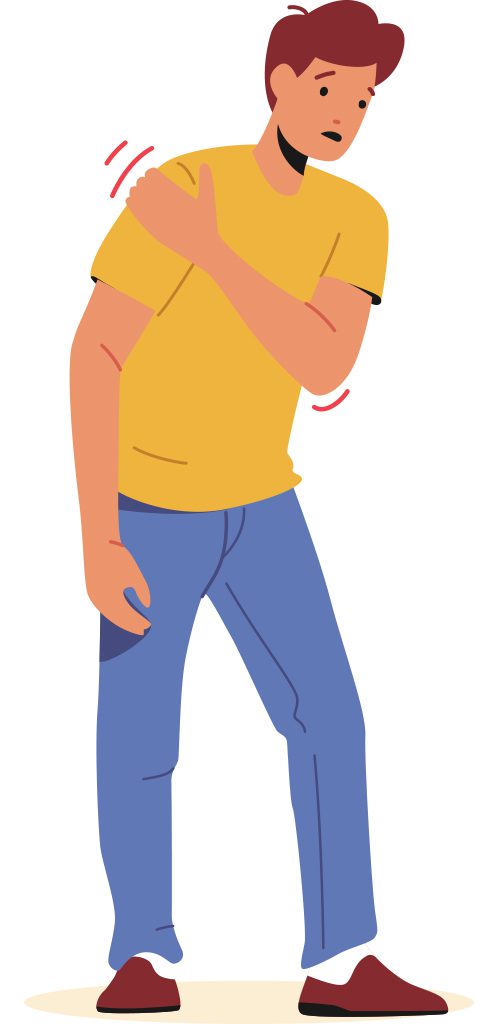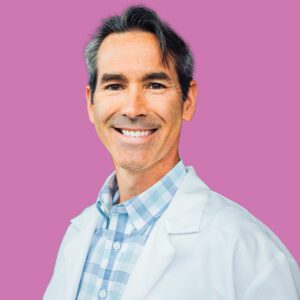Q. I’m dealing with acne scarring and unevenness in my skin tone. Are there any treatments that can help? I’d love to be able to go without makeup without feeling self-conscious.
A. The scarring and unevenness in skin tone resulting from acne can be just as frustrating and debilitating as acne itself. As a former acne sufferer and now as an acne specialist, I create a customized treatment plan with my patients to help them achieve their skin goals. Often, my patients come to me with complaints of scarring and unevenness in skin tone. There are many things I can do to combat this, but the most effective treatment for these issues is Opus Fractionated Plasma.
Opus uses electrical plasma technology to create tiny channels in the skin that induce collagen and elastin production and stimulate the regeneration of underlying tissues. Opus is not only the ultimate anti-aging treatment, it also has high efficacy in resurfacing to help your skin look younger, smoother, and healthier. It is also ideal for tackling trickier issues like cystic acne, surgical scars, stretch marks, and loose skin on any area of the body, all with minimal downtime.





Cora Lesar
Licensed Aesthetician, Certified Dermatology Technician, & Certified Acne Specialist, Alchemy Medspa & Wellness Center
Q. I’ve been considering veneers as a way to address some chipped teeth, but I’m worried they might look unnatural. Can they be customized to look like my natural smile?
A. Veneers are a great option for worn, chipped, discolored, or misaligned teeth. Each person has their own idea of what a beautiful smile is to them. The goal of cosmetic dentistry is to create a subtle smile enhancement that makes others think, ‘Wow! Something is different about you, but I’m not sure what.’ The initial consultation is extremely important to discuss concerns, questions, and goals. As dentists, we will make recommendations on how to enhance your smile, but you, the patient, are the ultimate decision maker. The most important thing to remember is nothing permanent will be placed in anyone’s mouth without their glowing approval! Never let fear or hesitation be a barrier for achieving the smile you deserve.



Kristen Conner, DDS
Dentist, Northpoint Dental Co.
Q. My elderly father recently had a leg amputated below the knee. Given his age, his doctors are unsure if he will be able to adjust to walking with a prosthetic, but my dad feels determined to regain as much mobility as he can. Are there any advanced treatments that can help him?
A. Once the surgery is completed, an inpatient rehabilitation hospital with an amputee program certified by The Joint Commission could help your father reach his goal of regaining as much mobility as he can. In this setting, we would address his overall strength and conditioning, continue managing the healing of the incision site, teach him techniques for safety with transfers and self-care, and work on getting him standing on the intact limb – all in preparation for success with a prosthetic. He would also be provided with learning materials such as limb wrapping, positioning, fall prevention, and medical management to prevent further amputations, as well as a home exercise program. We would begin working with a prosthetist to determine the best prosthesis and start the process of fitting. Once he is healed and fitted, he could return to the hospital to learn how to function with the prosthesis to further increase his safety and independence in his daily life.



Ajmad M. Munir, MD
Medical Director, Encompass Health Rehabilitation Hospital of Chattanooga
Q. My teenage son dislocated his shoulder a few months ago, and he isn’t keeping up with the physical therapy exercises his doctor asked him to do. He doesn’t think this injury will affect him in the future, but I’m worried about him. How can I support him and make sure he continues to make progress?



A. Shoulder dislocation is a relatively common injury with contact athletes that can potentially lead to recurrent instability. It’s especially common in those under age 20 – with 90% of teens experiencing a recurrent dislocation, particularly if they return to contact sports. Physical therapy is a reasonable first line of treatment that can often provide relief with less traumatic dislocations, depending on the extent of initial damage. If an individual experiences ongoing symptoms or recurrent episodes of instability, it would be wise to consider obtaining an MRI scan to determine whether an arthroscopic stabilization might be needed.
Neglecting an unstable shoulder can lead to worsening symptoms and bigger issues down the road that are simply harder to treat. I recommend anyone with a shoulder injury be seen by an orthopedic specialist for a physical exam and appropriate imaging to develop a comprehensive treatment plan that ensures proper and complete healing.



Chad Smalley, MD
Arthroscopic Shoulder & Sports Medicine Specialist, Center for Sports Medicine & Orthopaedics
Q. My allergies seem to be worse this season, and my normal medication isn’t helping like it used to. I’ve only tried over-the-counter treatments so far, but is there anything else I can do to relieve my symptoms?
A. With our recent high pollen and mold counts, it is no wonder that your allergy symptoms have been worse! Over-the-counter medication choices, such as antihistamines and nasal steroids, are effective, but may not be enough for allergy sufferers. In my office, we start with allergy skin testing to diagnose which specific allergens cause problems for the patient. This allows us to develop a personalized, three-pronged approach to treatment:
First, we optimize the medication regimen to include both prescription and over-the-counter medications that will work best for each individual patient.
Next, we advise patients to implement avoidance measures to decrease allergen exposure; pollen, molds, pets, and dust mites are common targets for avoidance.
Lastly, we initiate customized immunotherapy, commonly referred to as allergy shots. This allows patients to receive an all-natural treatment to harness the power of their own immune system to potentially cure their allergies.



Todd Levin, MD
Pediatric & Adult Allergy & Asthma Specialist, Chattanooga Allergy Clinic

